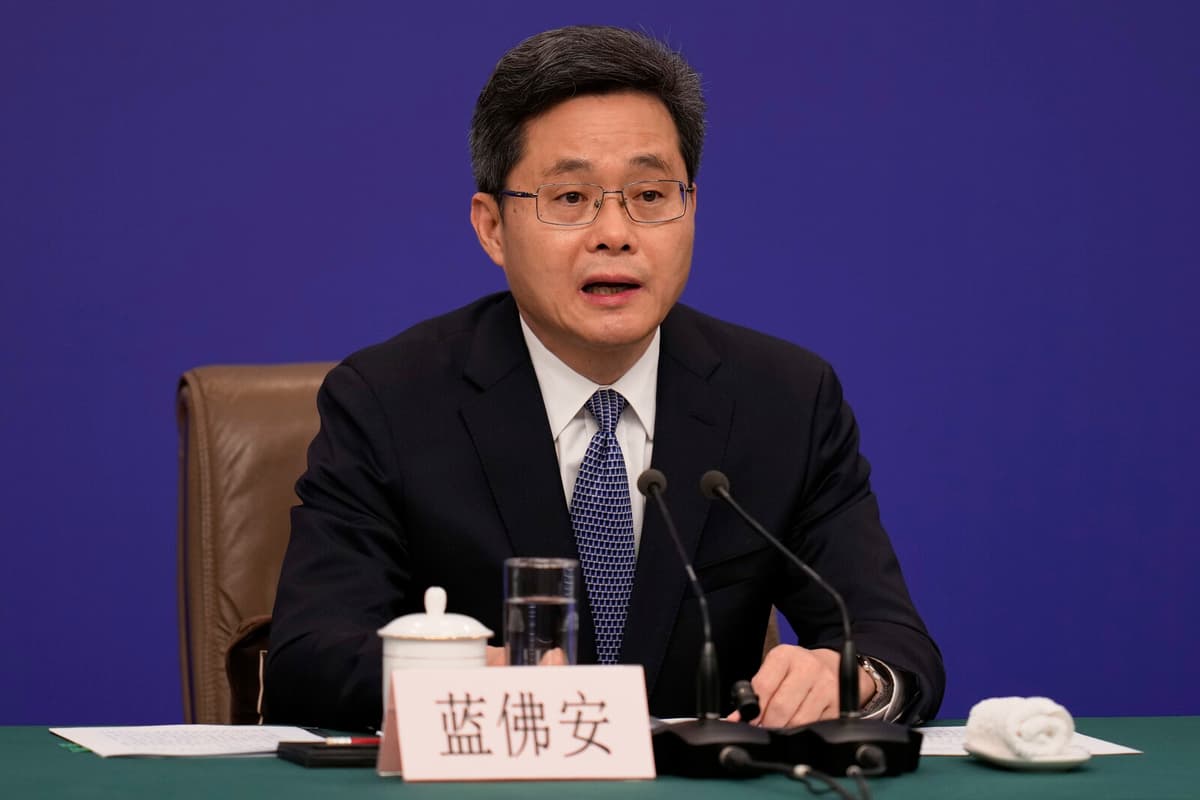This weekend's message comes two weeks after interest rate cuts and liquidity support, measures aimed at stopping the persistent decline in Chinese stock markets and strengthening the country's crisis-ridden property market.
Pointing downwards on the housing market
The stock markets have recovered – with some turbulence. But on the housing market, it's pointing downwards with 5-8 per cent in annual terms, according to SEB economist Robert Bergqvist.
Now you need to come up with more measures to ensure that you have money in the system to lend out, he says.
He believes step three in China's handling of economic problems will come after the US election on November 5. A victory for former President Donald Trump is feared to lead to a much more serious situation regarding the trade conflict with the US, and then China may need a completely different policy.
China's economy, the world's second-largest, is the driving force behind the global economy. Therefore, developments there are also crucial for the Swedish economy, according to Bergqvist.
He assesses the risk that China's problems will lead to a global financial crisis as low. There is capacity for more support, and the country's financial system is relatively isolated from the rest of the world.
The risks for us in Sweden are rather that China's economy slows down and stops being the driving force, he says.
Saturday's message from Finance Minister Lan Fo'an is that there are 2,300 billion yuan (equivalent to 3,370 billion kronor) in the state treasury or in previously planned borrowing for the rest of the year.
Purchase of unsold homes
Lan also hints that it may be necessary to increase China's borrowing this year to get the economy going. But Saturday's message is that the available funds will now be used to help provincial governments and local authorities handle financial problems.
Part of the support will go towards financing the purchase of unsold homes to then convert them into subsidized housing.
Support to the country's six largest banks, so that their capital buffers are strengthened, is also planned. According to the finance minister, the banks are expected to need more capital to handle the latest round of central bank decisions on lower interest rates and lower mortgage rates in the country.
More scholarships and increased student loans are other measures, which the government hopes will get young people to start consuming more.






